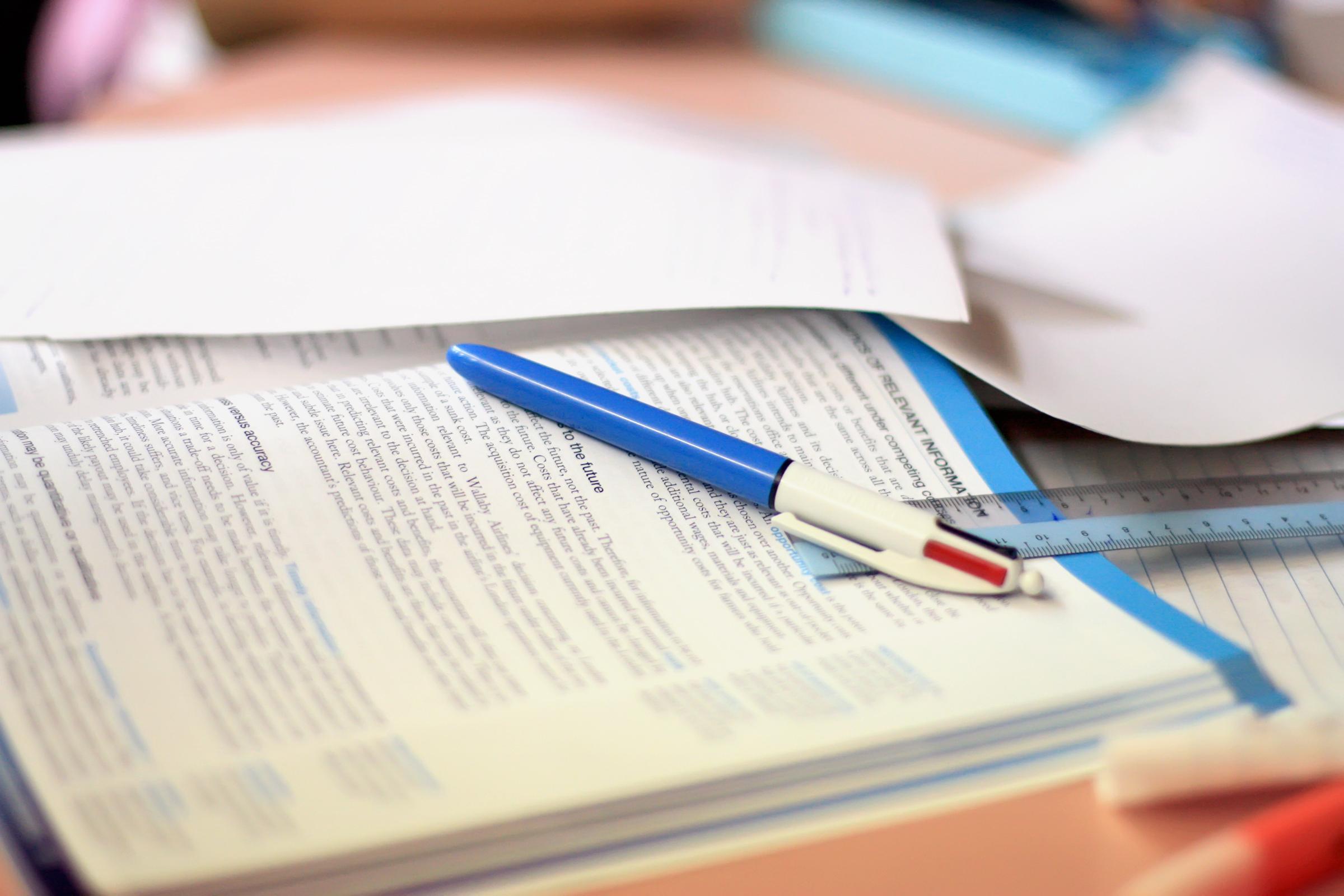
PESHAWAR: Religious minorities in Khyber-Pakhtunkhwa have expressed serious concern over the lack of separate schools where non-Muslim students could be taught their scriptures in their religious languages.
Non-Muslims – particularly the Hindus and Sikhs living in Peshawar and other districts of the K-P – have no dedicated government school where their children could be taught about their religions. In the mainstream education system, every student has to study ‘Islamiyat’ as a compulsory subject even if he or she belongs to any other religion.
“We do not have a single school in either Khyber-Pakhtunkhwa or the tribal areas, where Hindu children can get their religious education and learn to read Hindi and Sanskrit scripts in which our scriptures exist,” said Haroon Sarbdiyal, a Hindu rights activist.
Man comes out of juvenile prison with a mission: To combat violence through education
He said that this is in violation of Articles 20 to 22 of the Constitution which grants all citizens the right to practice their religion and the right to get a religious education. “This situation makes us feel that Hinduism is under serious threat here,” he said.
Sarbdiyal pointed out that there was once a ‘Paatshalla’ in Nowshera where Hinduism was taught but the Evacuee Trust Property Board has locked down the place. In this regard the situation for Sikhs is slightly better as there are two private institutions owned by the Sikh community of Peshawar in Mohalla Jogan Shah where almost 250 students get their religious education and Sikh teachers are hired to teach Gurumukhi to Sikh children.
The Sikhs bear all the expenses and run these two institutions with funds collected within the community. However, the Sikh students, living in other areas of the K-P, lack access to even such institutions and to proper religious education.
Gurjeet Singh, a teacher at one of the institutions, told The Express Tribune that those who learn Gurumukhi are able to read what is written in their holy book about the 10 gurus, adding that otherwise people just bow down before God in Gurdwaras without knowing anything about their religion.
“We neither have proper schools for us nor separate classes in government and private schools. In other districts of the K-P, there are no proper institutions for this while they only get religious education in classes arranged in Gurdwaras on a small scale,” he said.
Higher education: Govt to set up varsity or sub-campus in each district
He accepted that the community elders never asked the government for separate places where their children could receive education. But the reason is that they are aware of the fact that government does not pay any attention to such issues, he added.
“Sikhs constitute a very small minority in Pakistan but they have many cultural, political and historical ties with the country,” Charan Jeet Singh, a Sikh elder.
“We have arranged classes in Gurdwaras in the whole province but we need separate schools for us where our children can get both secular and religious education.
“It is our right to study our religion instead of studying scriptures and religious books of others, during the time of education and the government should work on it,” he added.
Published in The Express Tribune, January 17th, 2017.


























































COMMENTS
Comments are moderated and generally will be posted if they are on-topic and not abusive.
For more information, please see our Comments FAQ